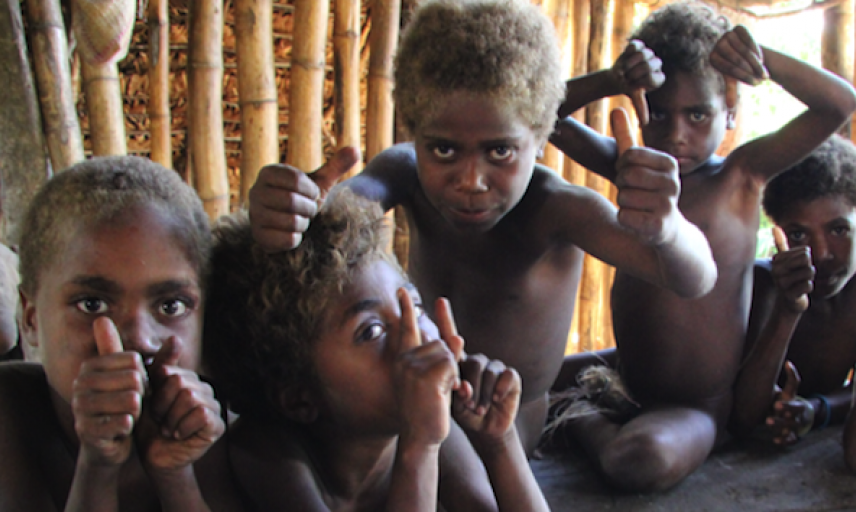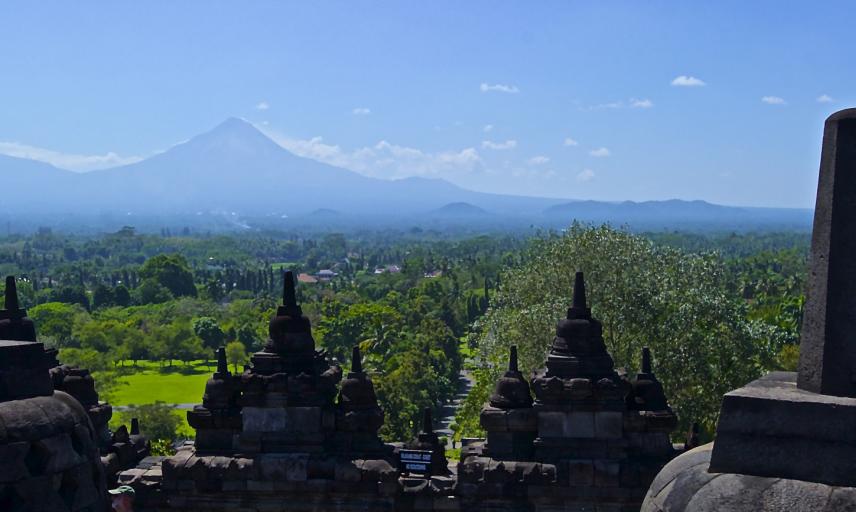Home
Centre for the Study of Social Cohesion
The CSSC conducts research on the causes and consequences of social cohesion – the bonds that hold groups together, from families and gangs to nations and world religions. Understanding how groups are glued together is crucial to addressing some of the biggest practical problems facing humanity today and the CSSC generates science driven policy recommendations and practical interventions to address a range of issues, from violent extremism to football hooliganism. The CSSC is financially self-sustaining via a combination of research grants from conventional funding sources, charities, and philanthropic donations.
The CSSC comprises two major research clusters: AnthroLab — coordinated by experimental psychologist Jonathan Jong — focusing on the proximate mechanisms responsible for building ingroup cohesion and inter-group competition; and the Cultural Evolution Lab — coordinated by historian Pieter François — focusing on the evolution of social complexity using cross-cultural and longitudinal datasets.
Cultural Evolution Lab




